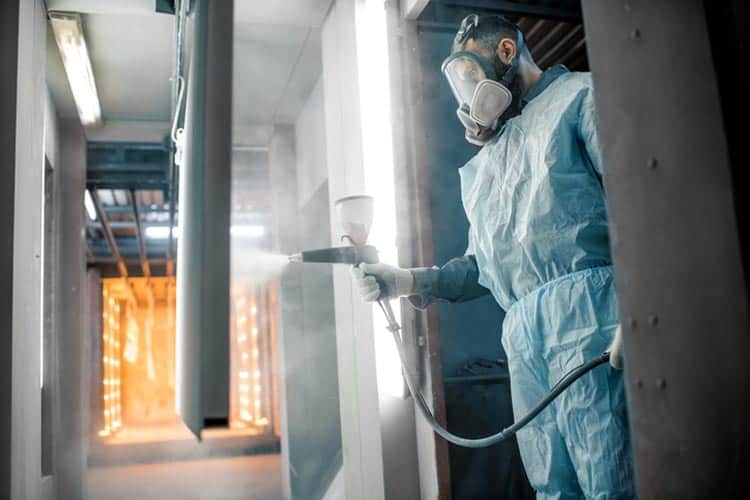Gary’s Safety Tips 
G’day everyone, it’s great to be here today to talk about understanding relevant safety regulations and laws. Now, I know that might not sound like the sexiest topic, but trust me, it’s crucial for your business and your team’s wellbeing.
First things first, let’s get one thing straight. Safety regulations and laws aren’t optional. They’re mandatory, and failure to comply with them can have serious consequences, both for your business and your team members.
So, why are safety regulations and laws so important? Well, for starters, they’re designed to protect people from harm. That might seem obvious, but it’s worth remembering that workplaces can be dangerous places, and accidents can happen if the right precautions aren’t taken.
By complying with safety regulations and laws, you’re creating a safe working environment for your team. Not only does that mean fewer accidents and injuries, but it also means your team members can work with peace of mind, knowing that their safety is a top priority.
But complying with safety regulations and laws isn’t just about avoiding fines and penalties. It’s also about creating a positive workplace culture. When you make safety a priority, you’re showing your team members that you care about their wellbeing. That, in turn, can lead to increased morale, productivity, and loyalty.
So, let’s talk about some of the safety regulations and laws that might apply to your business. Now, I’m not a lawyer, and I can’t give you legal advice, but I can give you a general overview of some of the key regulations and laws you need to be aware of.
Firstly, there are workplace health and safety regulations. These vary depending on the industry you’re in, but they generally cover things like hazard identification and risk assessment, safety equipment and training, and emergency procedures.
It’s also worth noting that workplace health and safety regulations are constantly evolving. New hazards and risks emerge all the time, and regulations are updated to reflect those changes. That means it’s important to stay up to date with the latest regulations and make sure your business is compliant.
Another important area to consider is employment law. This covers a wide range of topics, from discrimination and harassment to leave entitlements and termination procedures. Compliance with employment law is essential for creating a fair and equitable workplace.
One area that’s particularly important to consider is workers’ compensation. This is a type of insurance that provides financial support to employees who are injured or become ill as a result of their work. It’s mandatory in most Australian states and territories, and failure to comply can result in significant penalties.
Finally, it’s worth noting that safety regulations and laws aren’t just about compliance. They’re also about continuous improvement. By regularly reviewing your safety procedures and policies, you can identify areas where you can improve and make your workplace even safer.
So, how can you ensure that your business is complying with relevant safety regulations and laws? Here are a few tips:
- Educate yourself and your team members. Make sure you understand the regulations and laws that apply to your business, and provide training to your team members to ensure they’re aware of their responsibilities.
- Create a safety culture. Make safety a priority and lead by example. Encourage your team members to report hazards and near misses, and provide a mechanism for them to do so.
- Regularly review and update your policies and procedures. As I mentioned earlier, regulations are constantly evolving, so it’s important to stay up to date and make sure your policies and procedures reflect the latest best practices.
- Get professional advice if you’re unsure. If you’re not sure whether you’re complying with a particular regulation or law, seek advice from a qualified professional.
In conclusion, understanding relevant safety regulations and laws is essential for creating a safe and productive workplace. By complying with these regulations, you not only protect your team members from harm but also show that you care about their wellbeing. Additionally, creating a culture of safety can lead to increased morale, productivity, and loyalty, which can have a positive impact on your business.
Remember, safety regulations and laws are not optional, and failure to comply can result in significant fines and penalties. So, it’s essential to educate yourself and your team members, regularly review and update your policies and procedures, and seek professional advice if you’re unsure about any particular regulation or law.
Finally, it’s worth noting that compliance with safety regulations and laws is not just a legal requirement, but it’s also the right thing to do. As business owners, we have a responsibility to protect our team members from harm and create a safe working environment.
So, let’s all make safety a priority in our businesses and create a culture of safety that fosters trust, respect, and wellbeing. Together, we can make our workplaces safer and more productive, and that’s something we can all be proud of.
Cheers,

![]()






